Mindfulness for Rheumatoid Arthritis Relief: A Powerful Way to Ease Pain
Rheumatoid arthritis and the benefits of mindfulness—two topics that might not seem related at first glance, right? But trust me, as someone who’s spent years diagnosing and treating RA, I’ve seen firsthand how much mindfulness can help. When you’re living with RA, the pain, stiffness, and fatigue can take a toll not just on your body but also on your mental well-being. That’s where mindfulness steps in—not as a cure, but as a powerful tool to regain control over your health.
Understanding Rheumatoid Arthritis: More Than Just Joint Pain
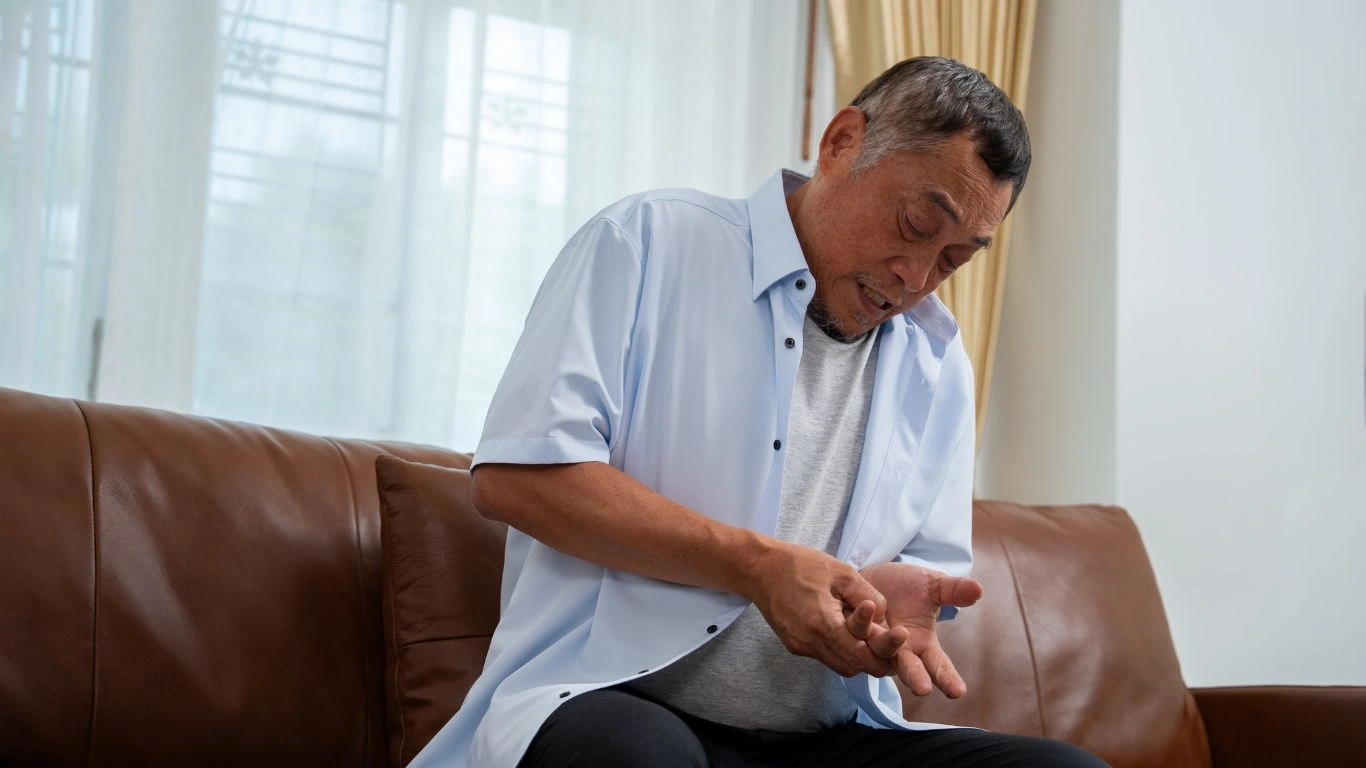
RA is an autoimmune disease where the immune system mistakenly attacks the joints, leading to inflammation, swelling, and pain. Over time, this inflammation can cause permanent damage, making everyday tasks feel impossible. I’ve had patients tell me they wake up feeling like their body is locked in place, unable to move freely.
Common Symptoms of RA
- Persistent joint pain and stiffness, especially in the morning
- Swelling and tenderness in multiple joints
- Fatigue that doesn’t go away with rest
- Low-grade fever
- Loss of appetite and unexpected weight loss
What makes RA tricky is that symptoms can come and go—what we call “flare-ups.” One day, you’re managing fine, and the next, even holding a coffee mug feels like a challenge. This unpredictability is what makes emotional resilience just as crucial as physical treatment.
Why Traditional Treatments Aren’t Always Enough
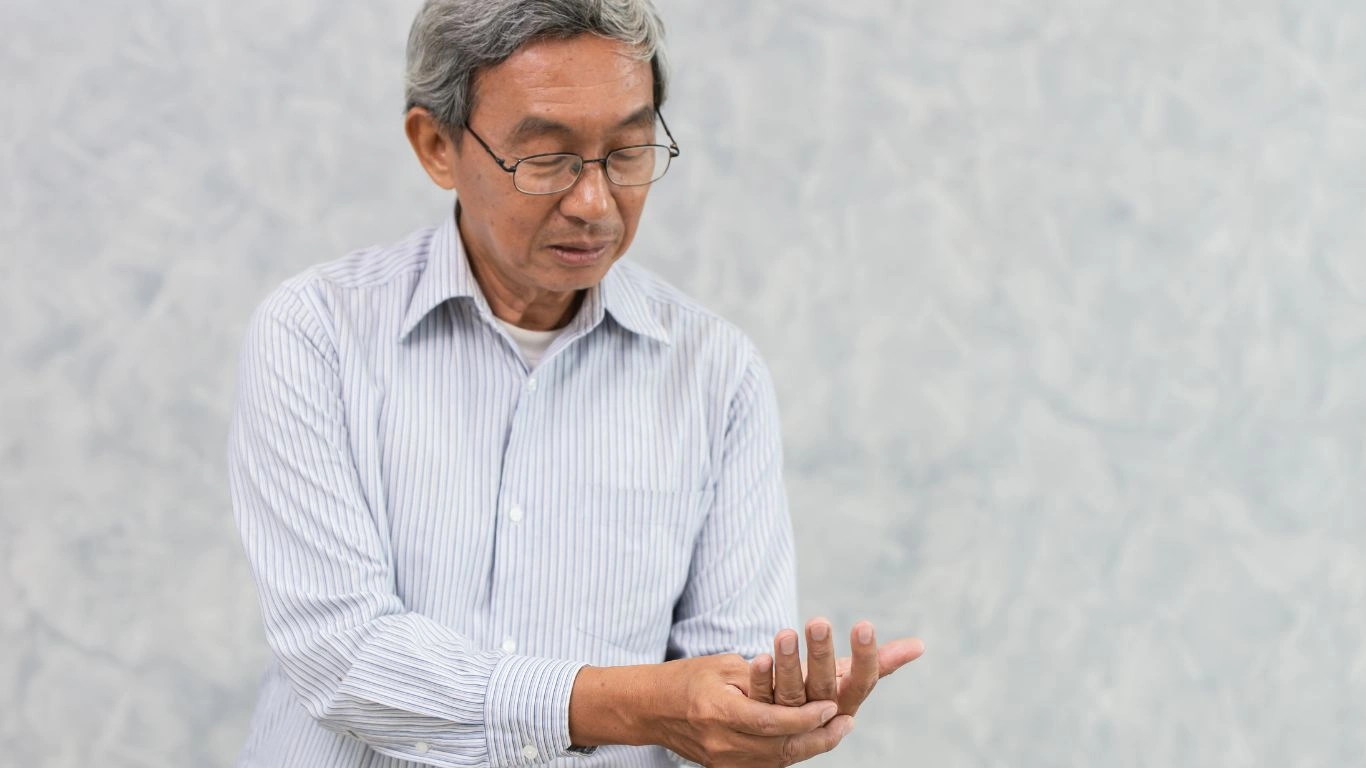
There’s no denying that medications play a significant role in managing RA. Disease-modifying anti-rheumatic drugs (DMARDs), biologics, and NSAIDs help control inflammation and slow joint damage. However, medications alone often aren’t enough to give patients the relief they need. This is where complementary approaches, like mindfulness, become invaluable.
The Emotional Toll of RA
One thing I’ve noticed in my years of practice is how much RA affects mental health. It’s not just about dealing with physical discomfort—it’s the frustration of not being able to do what you love, the anxiety of waiting for the next flare-up, and the emotional exhaustion of managing a chronic illness.
Adding Mindfulness to Your RA Management Plan
Mindfulness isn’t just some trendy wellness buzzword—it’s a game-changer for many people with RA. It’s about training your mind to focus on the present moment, reducing stress, and improving your overall well-being. But how does it work in practice?
- Reduces stress: Studies show that stress can trigger RA flare-ups. Mindfulness helps break the cycle by keeping stress levels in check.
- Improves pain perception: Mindfulness shifts how your brain processes pain, making it feel more manageable.
- Enhances emotional resilience: Instead of feeling overwhelmed by RA, mindfulness teaches you to accept and navigate challenges with greater ease.
Getting Started with Mindfulness: Simple Practices for RA Relief
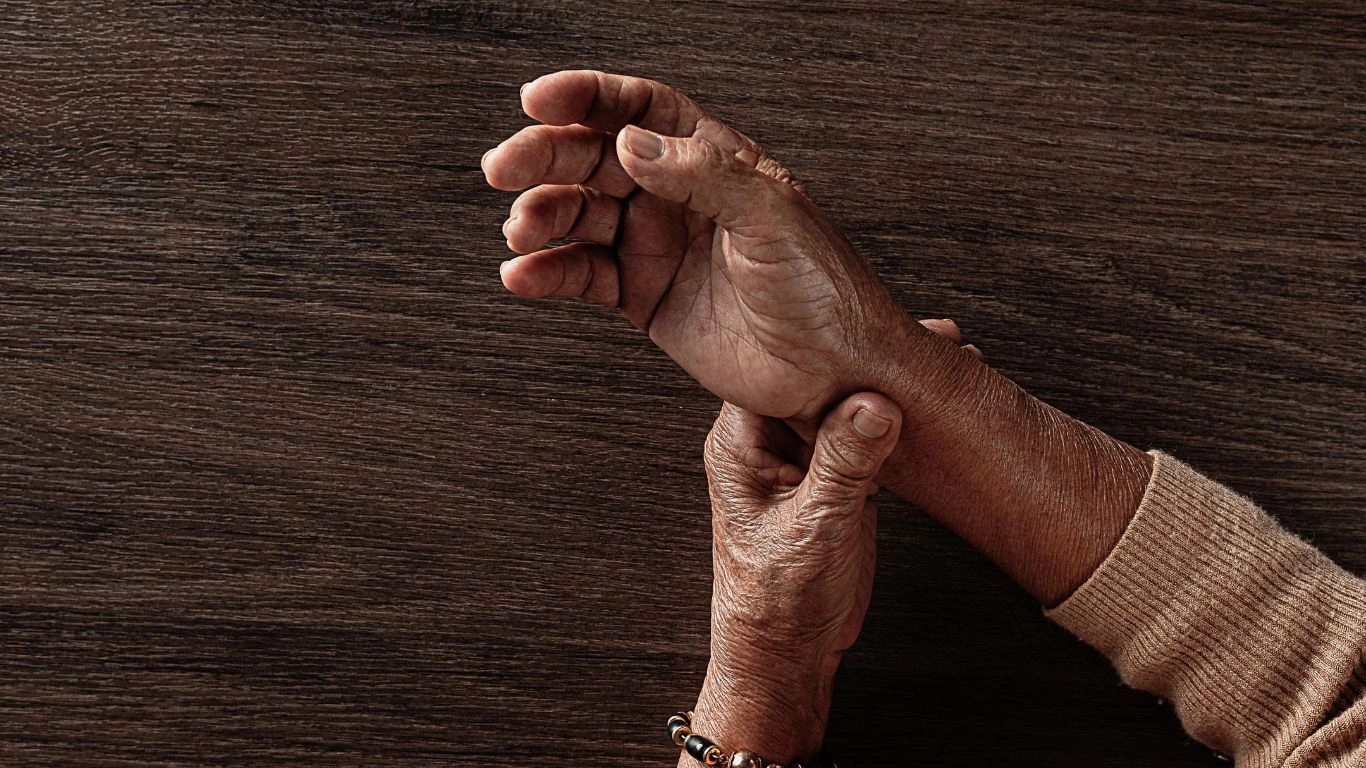
Not sure where to begin? Here are a few mindfulness techniques that have helped many of my patients find relief:
1. Deep Breathing Exercises
When pain spikes, your first instinct might be to tense up, which only makes things worse. Try this instead:
- Breathe in slowly through your nose for four counts.
- Hold your breath for a moment.
- Exhale gently through your mouth for six counts.
- Repeat for a few minutes until you feel more relaxed.
2. Body Scan Meditation
RA pain can feel overwhelming, but focusing on each part of your body can help you feel more in control. Close your eyes and mentally scan from your head to your toes, acknowledging any discomfort without judgment.
3. Guided Mindfulness Sessions
Apps like Headspace or Calm offer guided meditations specifically designed for chronic pain sufferers. Even just 10 minutes a day can make a difference.
How Mindfulness Helps with RA Flare-Ups
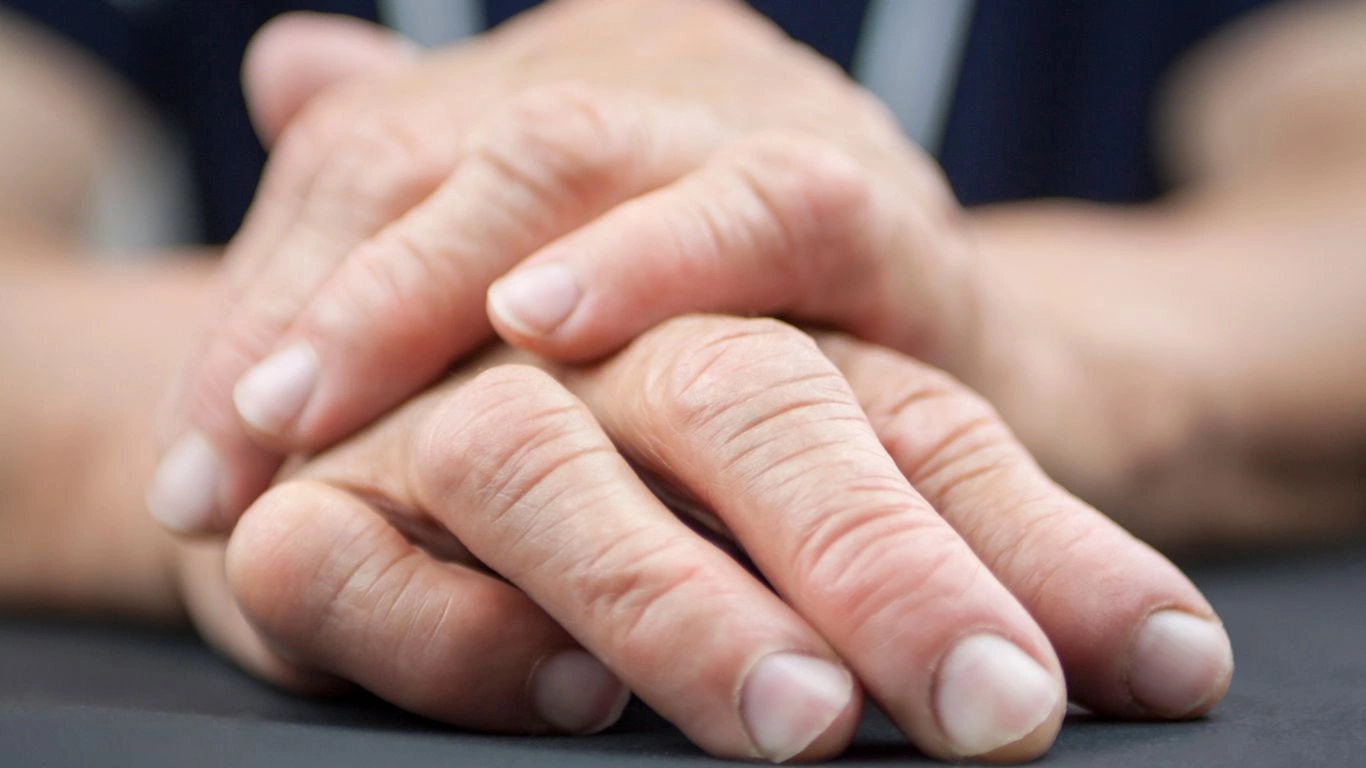
If you live with RA, you know that flare-ups can hit out of nowhere. One minute, you’re feeling okay, and the next, your joints are screaming at you. It’s frustrating, painful, and sometimes downright disheartening. This is where mindfulness becomes a powerful ally—it helps you navigate the emotional and physical toll of a flare-up with more ease and less stress.
Breaking the Cycle of Pain and Stress
Here’s something I’ve noticed in my patients (and honestly, even in myself when dealing with stressful situations): the more we stress about pain, the worse it feels. It’s like the body and mind feed off each other in a never-ending loop. When you’re anxious, your muscles tense, inflammation increases, and before you know it, the pain has amplified.
Mindfulness helps break this cycle by keeping your nervous system in check. It teaches you to observe pain without immediately reacting to it, reducing the emotional distress that often comes with a flare-up.
Mindful Techniques to Manage Flare-Ups
- Progressive Muscle Relaxation: This technique involves tensing and relaxing different muscle groups, helping you release built-up tension.
- Mindful Movement: Gentle stretching or yoga (if tolerated) can keep joints mobile without overstraining them.
- Visualization: Close your eyes and picture warmth and healing flowing into your joints—this might sound simple, but it actually helps rewire your pain perception.
Mindfulness and Sleep: A Game-Changer for RA Fatigue

Fatigue is one of the most draining (literally) aspects of RA. And let’s be real—poor sleep just makes everything worse. If you’re waking up exhausted, stiff, and frustrated before the day even starts, it’s hard to stay motivated to take care of yourself.
Why RA and Sleep Issues Go Hand in Hand
Chronic pain disrupts sleep, and poor sleep increases pain sensitivity. It’s another one of those vicious cycles that’s tough to break. Add in the fact that some RA medications can interfere with sleep, and you’ve got the perfect storm for exhaustion.
How Mindfulness Can Improve Sleep
Many of my patients have found relief through mindfulness-based sleep techniques. The key is training your brain to relax before bed instead of spiraling into pain-related anxiety.
- Mindful Breathing Before Bed: Try a simple breathing exercise for five minutes before sleep. Focus on slow, deep breaths, letting go of tension with each exhale.
- Body Scan Meditation: Mentally check in with each part of your body, noticing sensations without judgment. This not only distracts your mind from pain but also helps your muscles relax.
- Reducing Sleep Anxiety: Instead of lying in bed frustrated about not sleeping, practice accepting the moment as it is. The less you stress about sleep, the easier it becomes.
Mindful Eating: Supporting Your Body from the Inside Out

What you put on your plate plays a huge role in managing RA symptoms. While medication is essential, your diet can either fuel inflammation or help reduce it. And guess what? Mindfulness applies here too.
Mindful Eating vs. Emotional Eating
Let’s be honest—when you’re dealing with pain and fatigue, it’s easy to fall into emotional eating. I’ve seen it happen time and time again. Grabbing processed snacks for comfort, stress-eating sweets, or skipping meals altogether because cooking feels overwhelming. But here’s the thing: food has a direct impact on inflammation levels in the body.
Simple Mindful Eating Tips for RA
- Slow Down: Take time to chew your food properly and actually enjoy it. This helps with digestion and prevents overeating.
- Focus on Anti-Inflammatory Foods: Incorporate omega-3-rich foods like salmon, walnuts, and flaxseeds, as well as plenty of colorful veggies.
- Listen to Your Body: Pay attention to how different foods make you feel. If something triggers a flare-up, take note and adjust accordingly.
By bringing mindfulness into your eating habits, you not only nourish your body but also create a stronger connection between food and overall well-being.
Building a Mindfulness Routine That Works for You
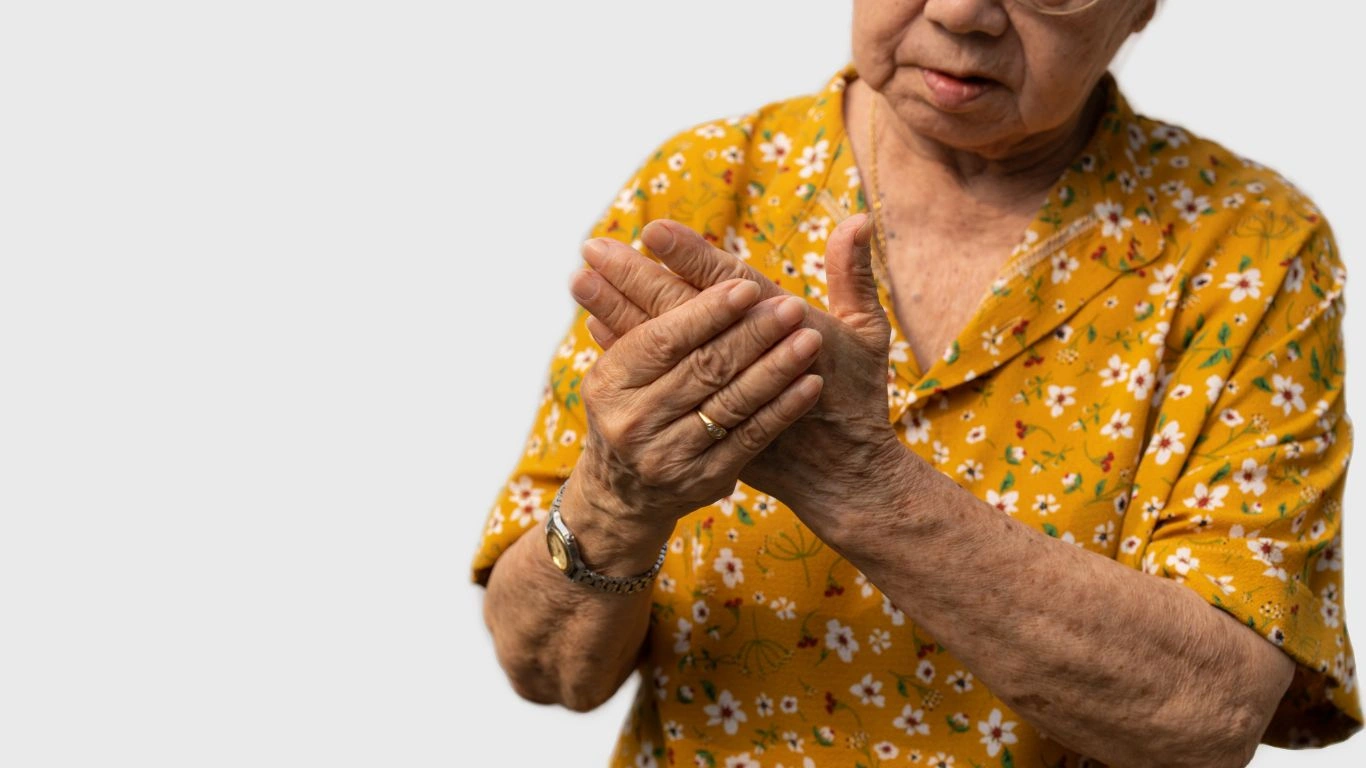
One of the biggest questions I get from my patients is, “How do I make mindfulness a part of my daily life?” And I get it—when you’re already dealing with joint pain, fatigue, and doctor appointments, the last thing you need is another overwhelming task. But here’s the good news: mindfulness doesn’t have to be complicated.
Start Small and Keep It Simple
You don’t need to dedicate an hour a day to meditation (unless you want to, of course!). Even just a few minutes of mindfulness can make a difference. Try this:
- Morning Check-In: Before reaching for your phone, take a deep breath, notice how your body feels, and set a positive intention for the day.
- Mindful Walking: If movement is possible, take slow, intentional steps, paying attention to how your feet connect with the ground.
- Gratitude Journaling: Each night, jot down three small things you’re grateful for—this shifts focus away from pain and towards positivity.
Overcoming Common Mindfulness Challenges
Let’s be real—some days, mindfulness will feel impossible. Maybe the pain is too intense, or maybe your mind refuses to settle down. That’s completely normal. The key is to practice self-compassion and remember that mindfulness isn’t about doing it “perfectly”—it’s about showing up for yourself in whatever way you can.
If sitting meditation feels uncomfortable, try a different approach, like listening to a guided relaxation or simply taking a few mindful breaths. Every little bit helps.
Combining Mindfulness with Other RA Treatments

Mindfulness is a fantastic tool, but it’s not a replacement for medical treatment. The best results come from combining mindfulness with your existing RA management plan. Here’s how you can integrate both:
Pair Mindfulness with Medication
RA medications like DMARDs and biologics help control inflammation, but mindfulness can complement their effects by reducing stress, which is known to trigger flare-ups. Try this:
- Take a few deep breaths before and after taking your medication to create a moment of calm.
- Use mindfulness to tune into your body and notice any side effects or changes in symptoms.
Mindfulness and Physical Therapy
Many RA patients work with physical therapists to maintain mobility and reduce stiffness. Adding mindfulness to your physical therapy routine can enhance its benefits.
- During stretches, focus on the sensation of movement rather than worrying about discomfort.
- Practice mindful breathing while doing prescribed exercises to stay relaxed and engaged.
Emotional Support: Mindfulness and Therapy
Living with a chronic illness can take a toll on mental health. If you’re seeing a therapist or counselor, mindfulness can work alongside traditional talk therapy. Many therapists even incorporate mindfulness-based cognitive therapy (MBCT) for managing stress and anxiety related to RA.
Final Thoughts: Taking Control of RA with Mindfulness
At the end of the day, rheumatoid arthritis is unpredictable. Some days will be easier than others, and that’s okay. What mindfulness offers is a way to take back some control—to create space between yourself and your symptoms, to respond to pain with patience rather than frustration.
If you’re new to mindfulness, start slow. Experiment with different techniques and find what works for you. Remember, mindfulness isn’t about eliminating pain—it’s about learning to live with it in a way that feels more manageable.
References
Disclaimer
This article is for informational purposes only and should not be considered medical advice. Always consult with your doctor before making any changes to your RA treatment plan.

Tarra Nugroho is a dedicated Nurse Practitioner with a strong foundation in family and preventive care. She brings both compassion and clinical expertise to her practice, focusing on patient-centered care and health education. As a contributor to Healthusias.com, Tarra translates medical knowledge into clear, empowering articles on topics like women’s health, chronic disease management, and lifestyle medicine. Her mission is simple: help people feel seen, heard, and informed—both in the clinic and through the content she creates. When she’s not caring for patients, Tarra enjoys weekend hikes, plant-based cooking, and curling up with a good health podcast.







